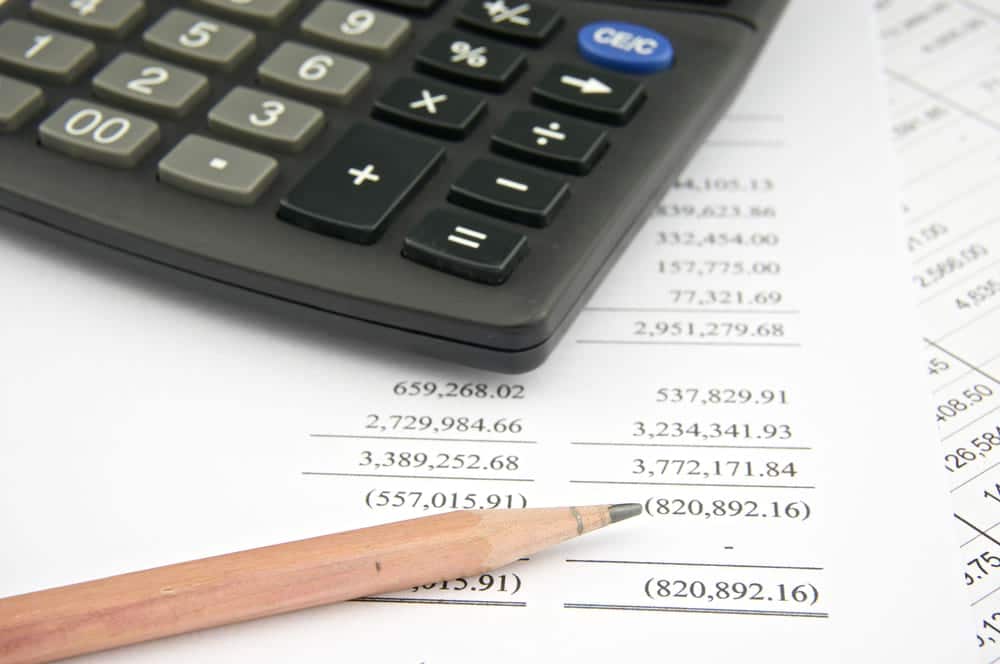Securing a mortgage is often a significant part of buying a house.
Lenders need proof of income to ensure you have the financial ability to repay this loan.
Keep reading to find out what qualifies as proof of income.
What is proof of income?
Proof of income is a set of documents used as evidence to prove to a lender that you have an adequate and steady income.
This can come in many forms, from bank statements to payslips and other forms of income.
Proof of income is more than just paperwork.
It’s an essential part of the home buying process that proves to lenders and sellers that you are trustworthy.
Is proof of income a legal requirement when buying a house?
Proof of income is a legal requirement when buying a house. It’s designed to reduce the risk of fraud and money laundering.
Without proof of income, your mortgage application will not likely be approved.
However, there are some exceptions to this. If you’re paying for a house with cash, you may not have to provide proof of income.
(This is because there is no mortgage involved.)
However, this isn’t always a guarantee. Due to fraud and money laundering regulations, you may need to provide proof of income or other means of evidence.
Who do I send proof of income to?
Multiple parties may ask you to provide proof of income when buying a house.
In almost every case, you must send proof of income to your lender. This can be a bank or a mortgage lender.
Estate agents do not necessarily need proof of income but may ask for proof of funds.
They may also request a pre-approval letter from your lender to ensure you can afford the house.
Common methods of showing proof of income
There are many methods of showing proof of income.
The type of proof of income required depends on your employment and financial situation.
Payslips
The most common form of proof is a payslip.
Most lenders will require you to show at least three months of payslips, but this number can vary.
A payslip helps to confirm your current income and employment status.
Bank statements
Bank statements provide your lender/seller better understand your monthly income and expenses.
You may be asked to provide at least two or three statements to ensure consistent income.
A letter from your employer
If, for whatever reason, you don’t have a payslip, a letter from your employer can be used as proof of income.
It should include confirmation of your:
- Job role
- Salary
- Length of employment.
Tax return statements
Tax returns provide an in-depth look at your income over time. This is useful if you are self-employed or have multiple incomes.
At what stage do I provide proof of income?
Proof of income is typically needed at several stages when buying a house.
As we discussed earlier, the first step of the home-buying process is usually applying for a loan.
During your mortgage application, the lender will require proof of income to ensure you can repay the loan.
You may also be asked for proof of income once you have made an offer for a house.
This is to ensure that you have enough money to purchase the property and that you haven’t acquired it illegally.
This isn’t a legal requirement, but it is best to comply so the sellers know that you’re not wasting their time.
Is proof of income the same as proof of funds?
Proof of funds differs from proof of income.
Proof of income proves you have a stable income to cover your mortgage repayments. Proof of funds is used to ensure that you have enough money make the purchase.
In most cases, you will need to provide both types of documentation.
The estate agent typically needs this, which can come as a bank statement.
Do I need to give proof of income to the seller if I’ve already given it to the lender?
You may need to give proof of income to the seller, even if you’ve already given it to the lender.
Sellers need to comply with strict regulations, so they can’t just rely on the checks carried out by your lender.
They need to ensure the money used to purchase the property comes from a legitimate source.
Are proof of income rules different when you’re self-employed?
If you are self-employed, providing proof of income can be tricky.
Lenders often want to see a much longer income history for self-employed individuals.
Since you may not have a regular income, you could be asked to provide other forms of evidence instead.
Tax returns
Tax returns are one of the most important documents lenders will require if you are self-employed.
They provide a detailed overview of your income over time. You may be asked to provide the last two years of tax returns.
Bank statements
Bank statements are another important form of evidence.
Lenders may ask you to provide bank statements to confirm income deposits.
They provide a clearer picture of your income and spending habits.
SA302 Forms
If you are self-employed, lenders will often ask to see an SA302 form.
An SA302 form is a tax statement issued by the HMRC that provides evidence of your income.
Profit and loss statements
A profit and loss statement outlines your business’ revenue, expenses and net income.
These statements provide lenders with a better understanding of your income and the stability of your business.










